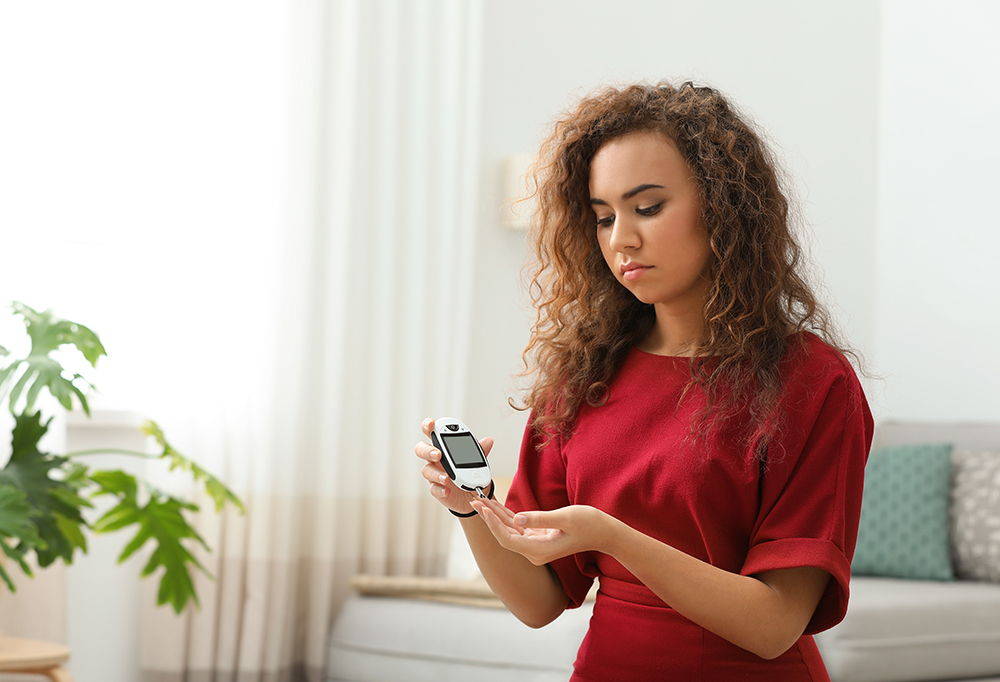November, recognized as Diabetes Awareness Month, is an opportune time to discuss health considerations for those living with diabetes. One significant aspect is the relationship between alcohol consumption and diabetes management. Though alcohol is unhealthy in multiple ways, it can be especially dangerous for diabetics because of its effects on blood sugar levels.
The Liver, Alcohol and Diabetes: A Delicate Balance
The liver plays a pivotal role in stabilizing glucose levels in the body. It stores carbohydrates and releases them into the bloodstream as needed, particularly between meals and overnight. However, the liver is also responsible for detoxifying substances like alcohol. This dual function can create complications for people with diabetes.
When alcohol enters your system, your liver will prioritize its breakdown over glucose regulation. This shift in focus can lead to a dangerous drop in blood sugar levels, known as hypoglycemia, especially if you drink alcohol on an empty stomach.
The Risk of Hypoglycemia
Hypoglycemia occurs when blood glucose levels fall dangerously low. It’s a significant risk for those combining alcohol with common diabetes medications such as insulin and sulfonylureas, which lower blood sugar levels. The symptoms of hypoglycemia, including slurred speech, drowsiness, confusion and difficulty walking, are similar to those of alcohol intoxication, making it challenging to distinguish between the two.
Consuming alcohol is particularly risky for people with hypoglycemia unawareness, a condition where the warning signs of low blood sugar are not immediately apparent. Additionally, the timing of alcohol-related hypoglycemic episodes can be unpredictable. Your blood sugar may drop several hours after drinking, particularly if you have been physically active.
Safe Practices for Those With Diabetes
If you have diabetes and choose to drink, it is essential to take precautions.
- Never drink on an empty stomach: Always consume alcohol with a meal or snack to help stabilize blood sugar levels.
- Monitor blood sugar levels: Regularly check your blood glucose to identify any potentially dangerous drop.
- Be aware of hypoglycemia symptoms: Familiarize yourself with the signs of hypoglycemia and educate those around you.
- Limit alcohol intake: The safest thing to do is to avoid alcohol altogether.
Pine Grove’s Commitment to Supporting People With Diabetes
Understanding the risks associated with alcohol consumption is crucial for managing your diabetes. If you are diabetic and need help to stop drinking, Pine Grove Behavioral Health & Addiction Services is here for you. We provide CARF-accredited treatment and scientifically backed methods to start you on the road to recovery. Remember, your health and well-being are paramount. Do the right thing by reaching out to us today.

